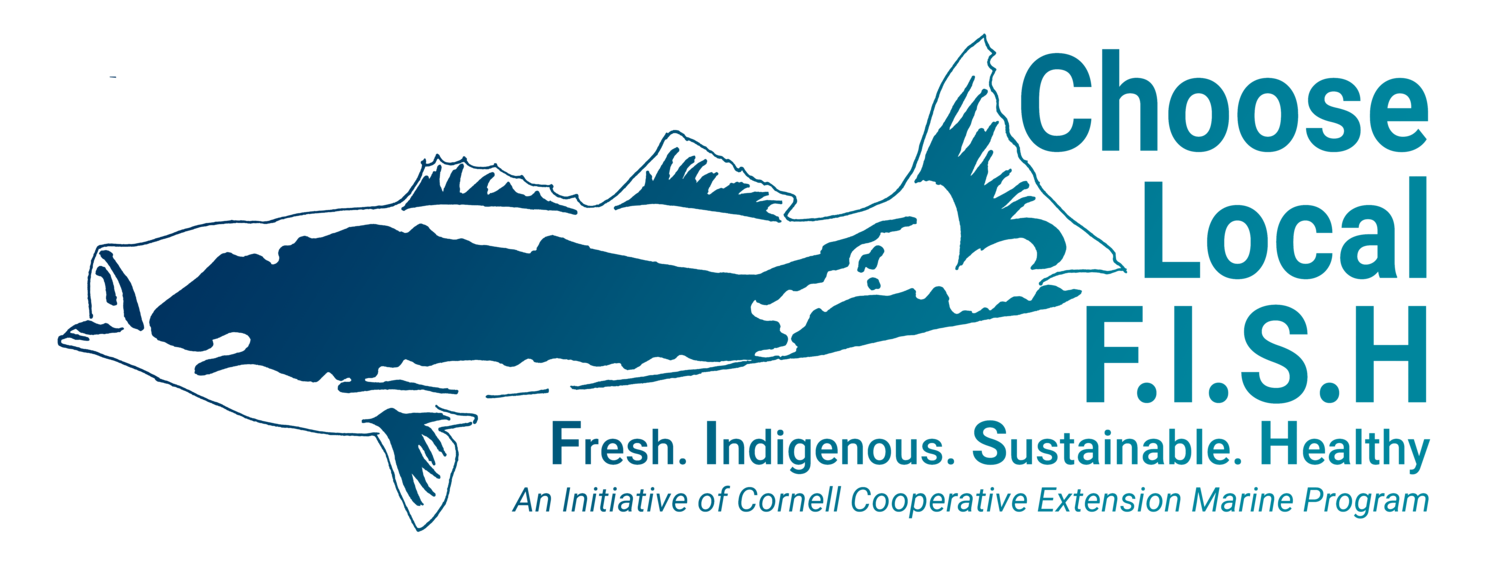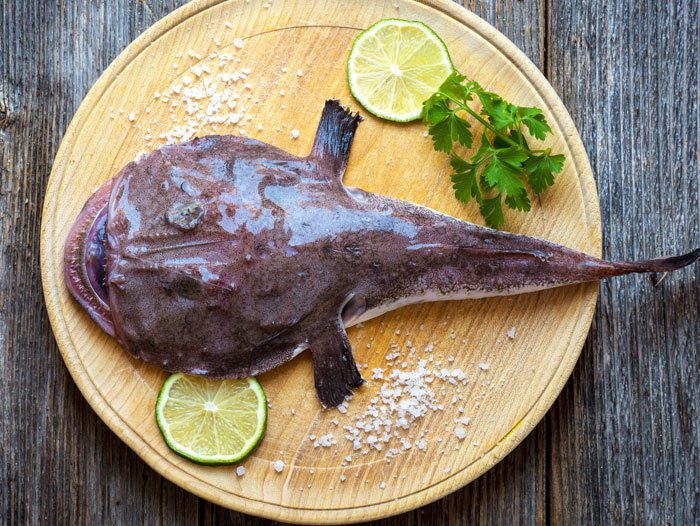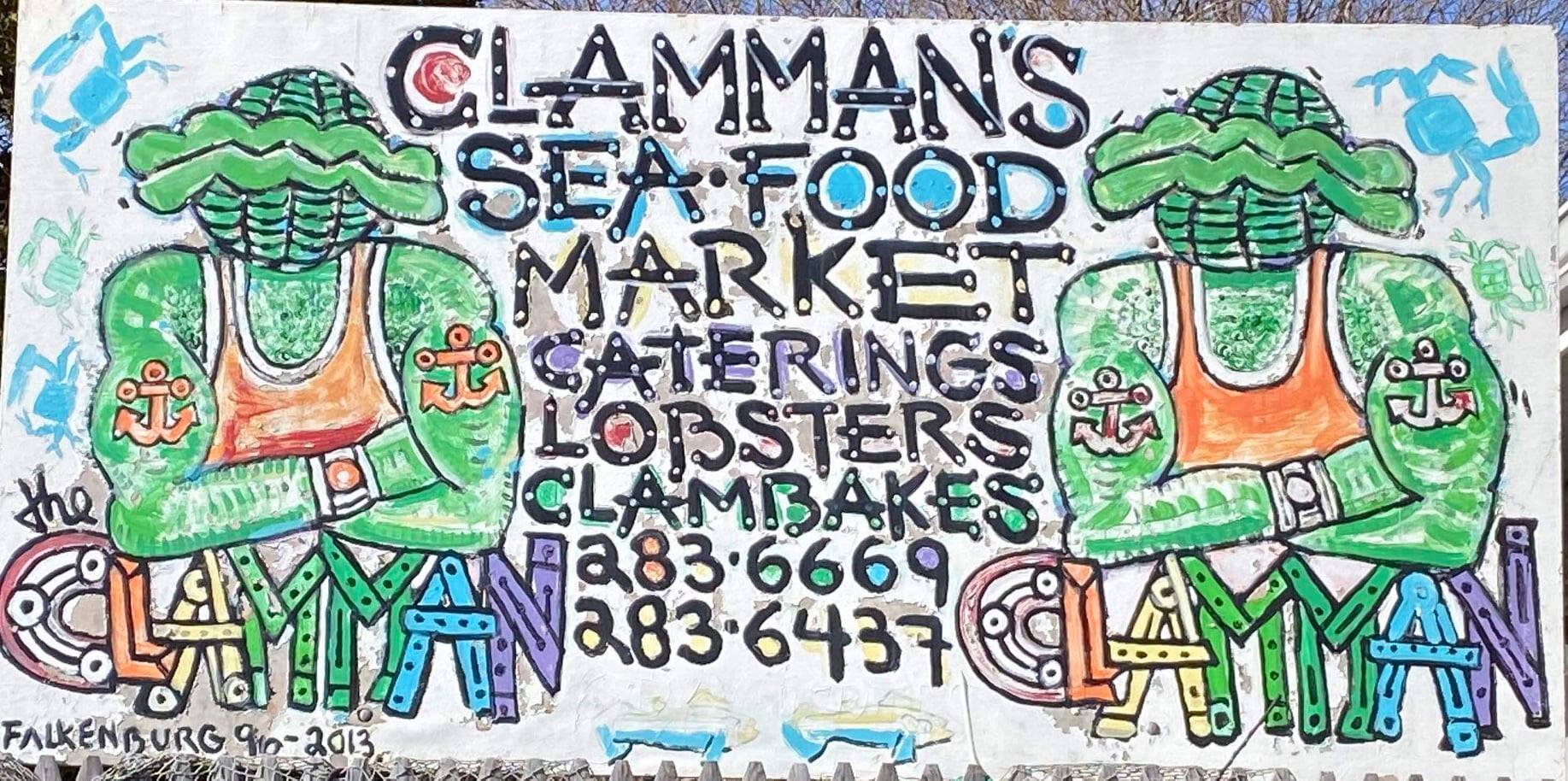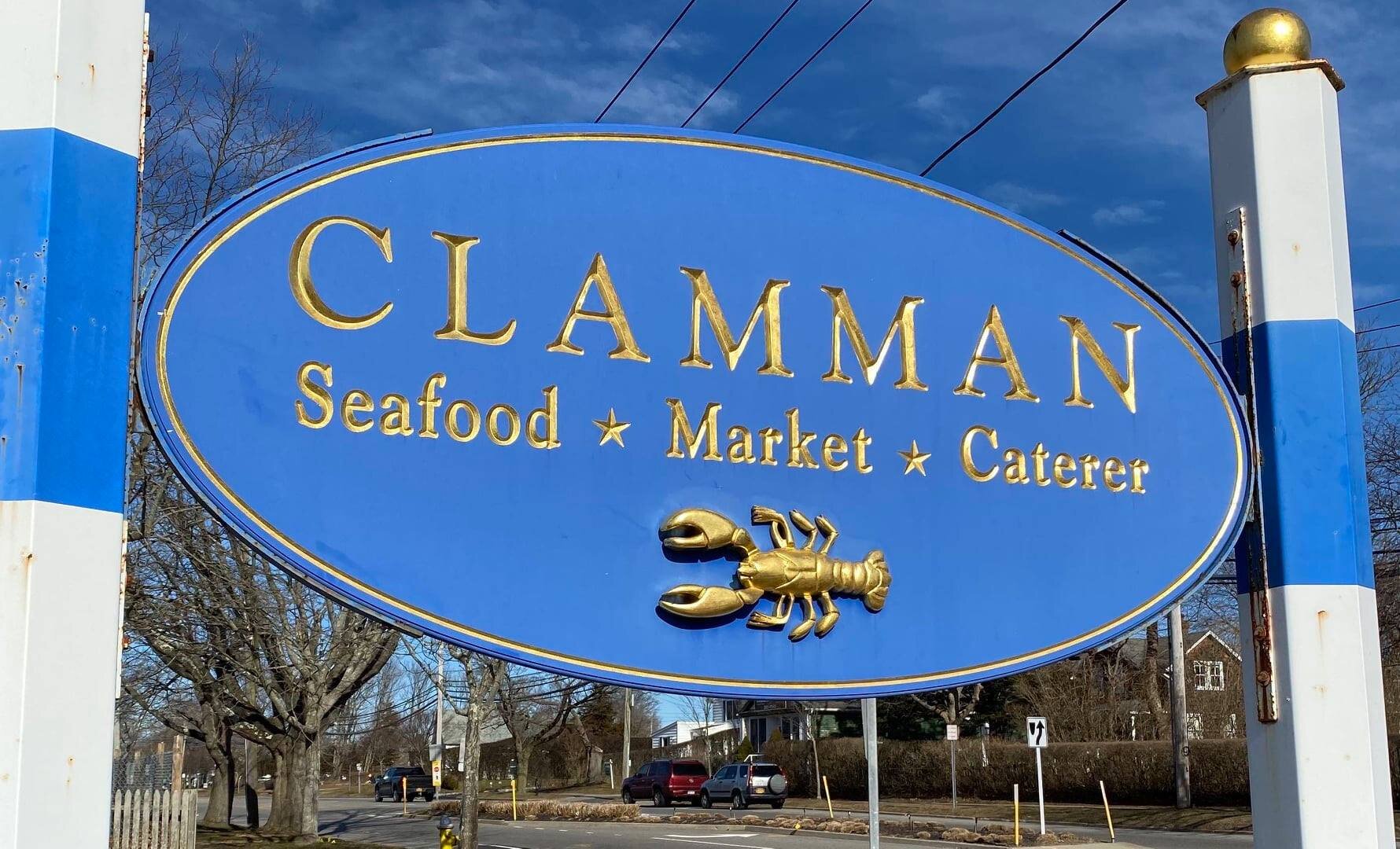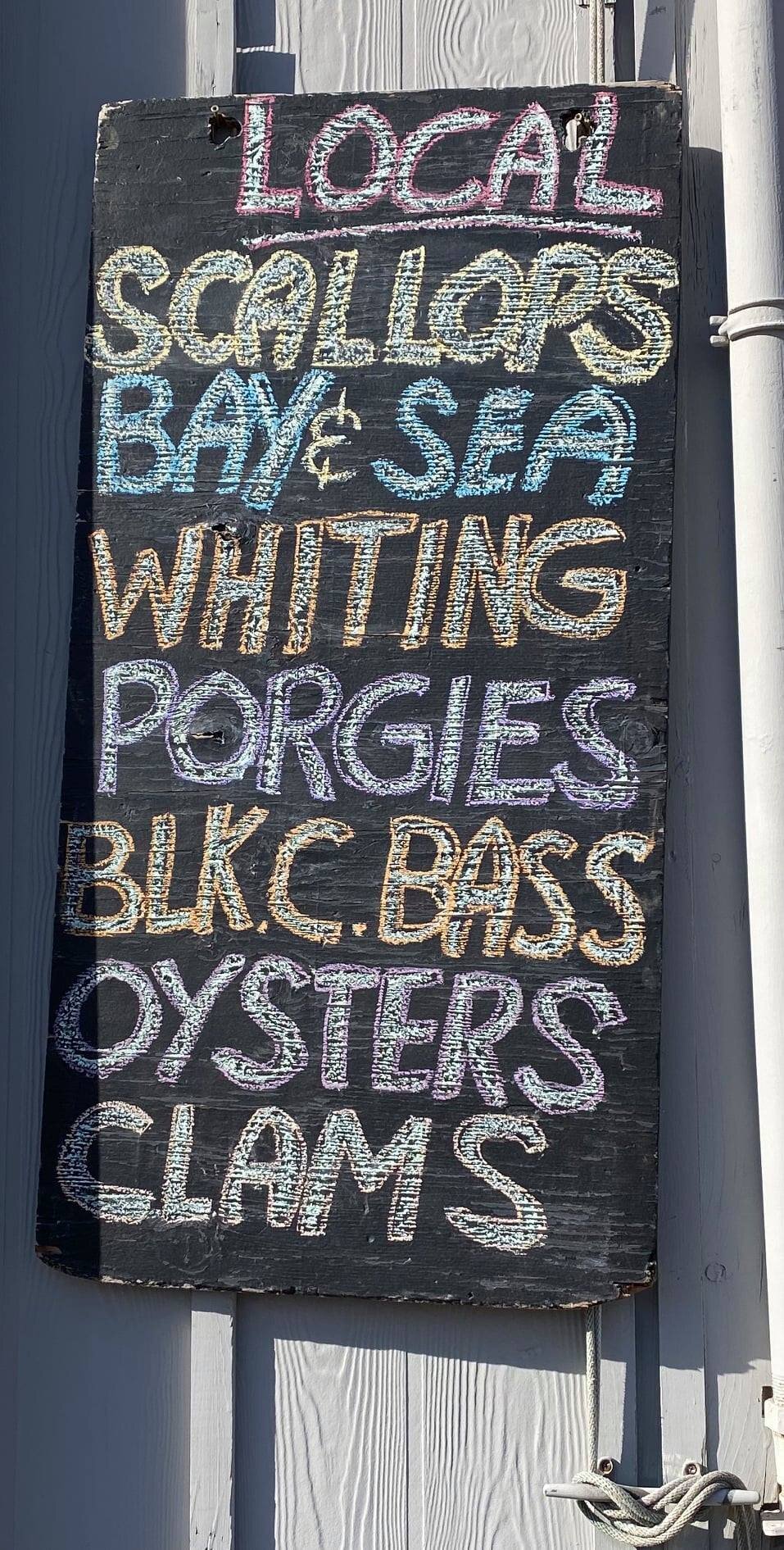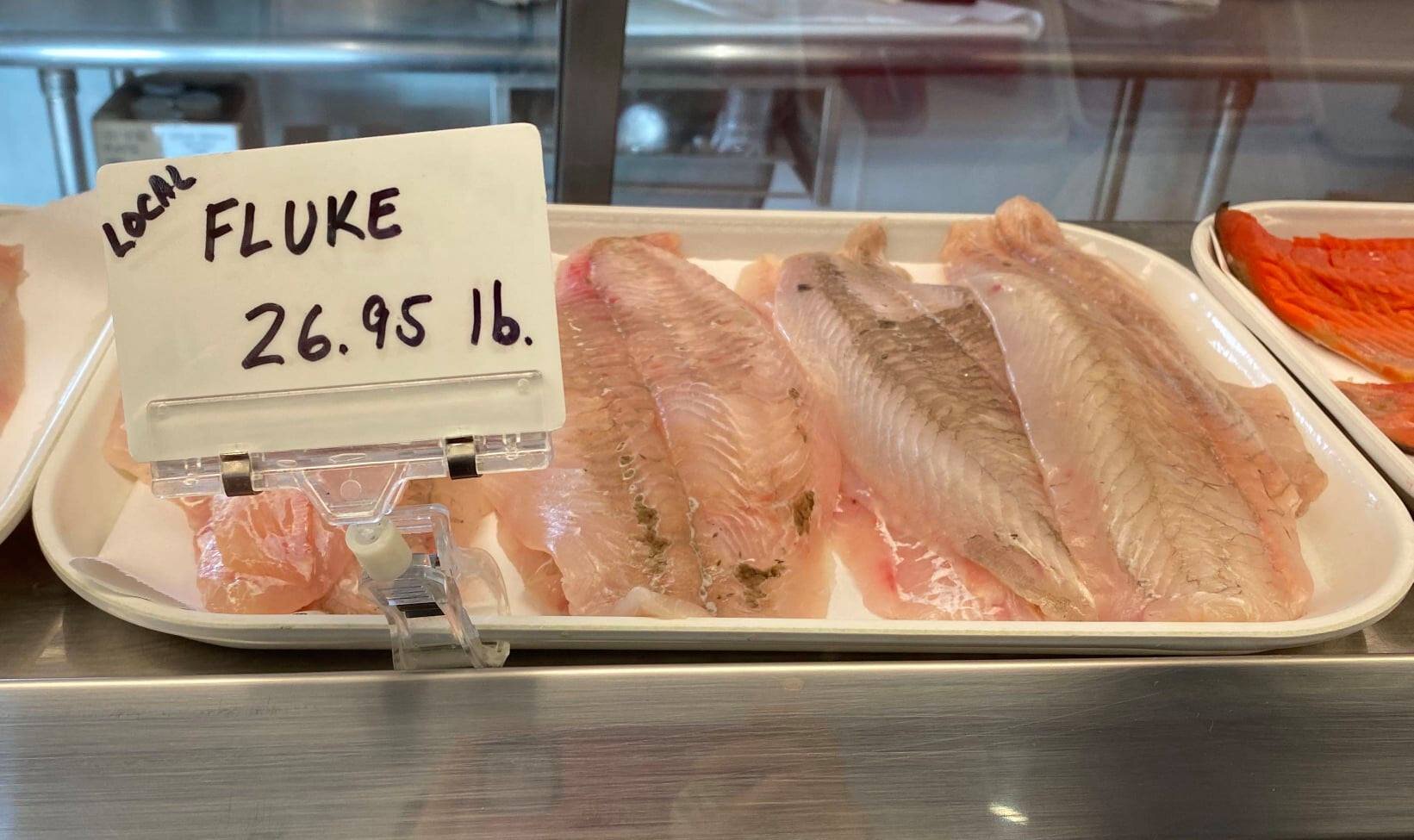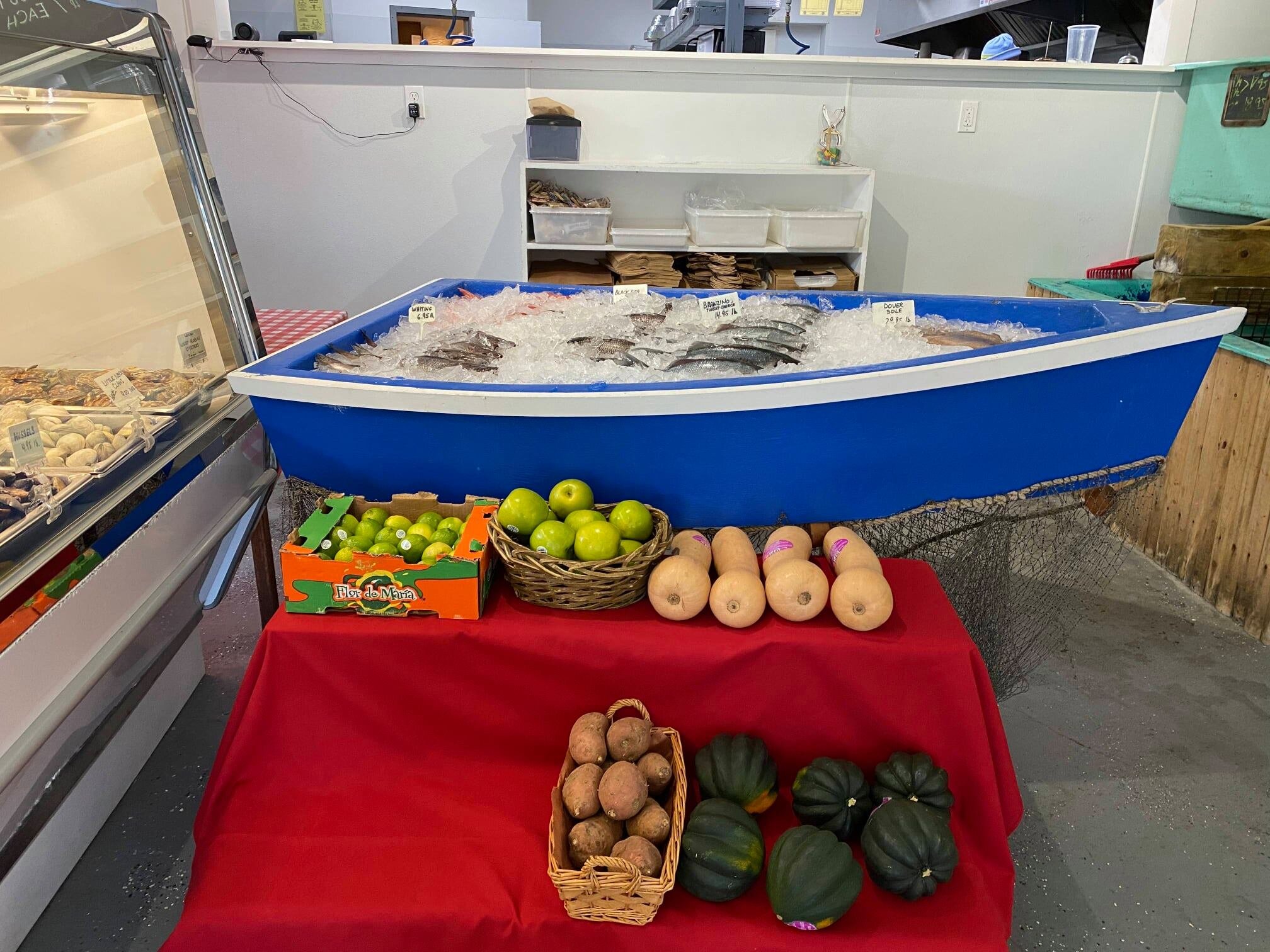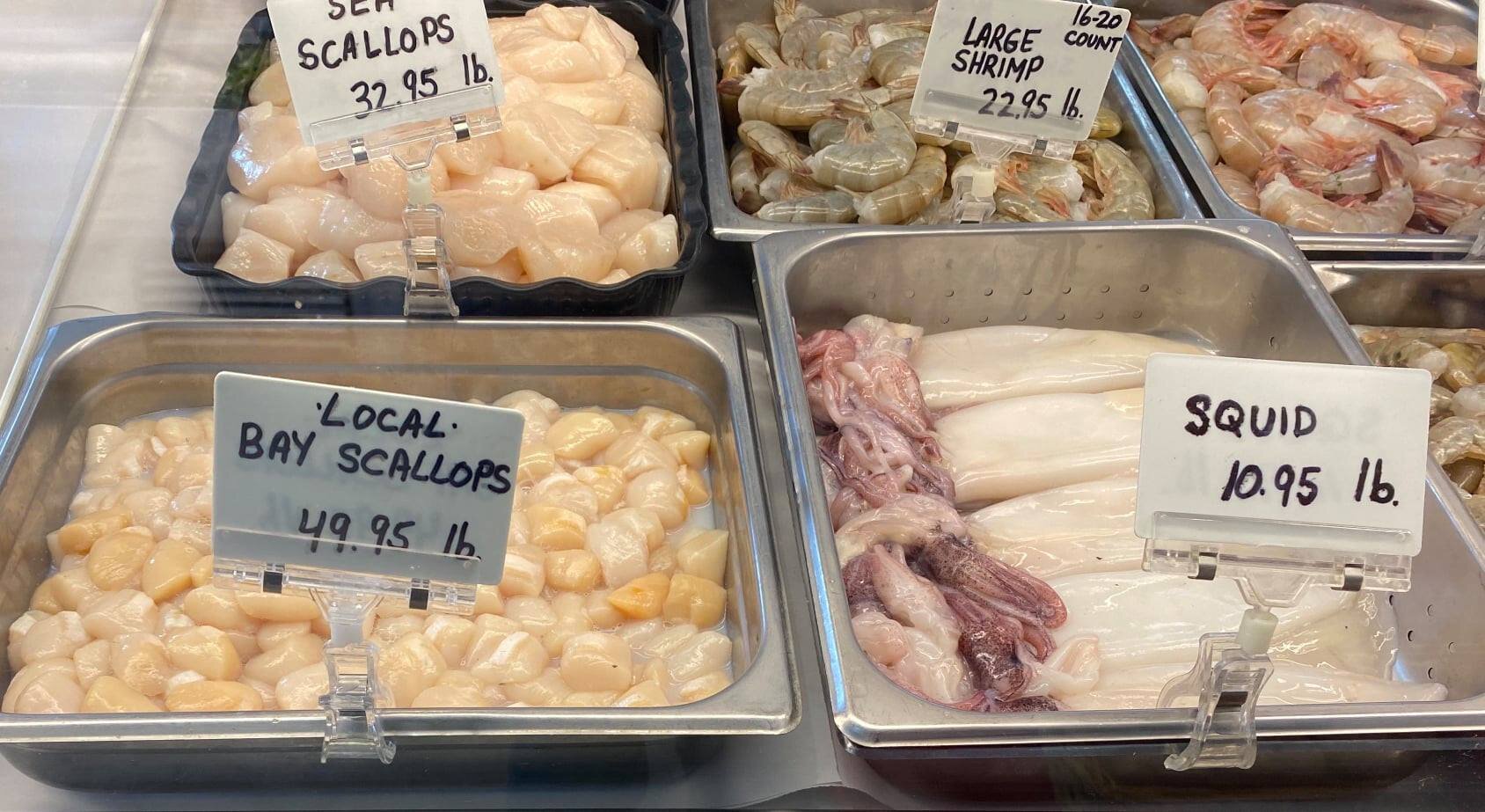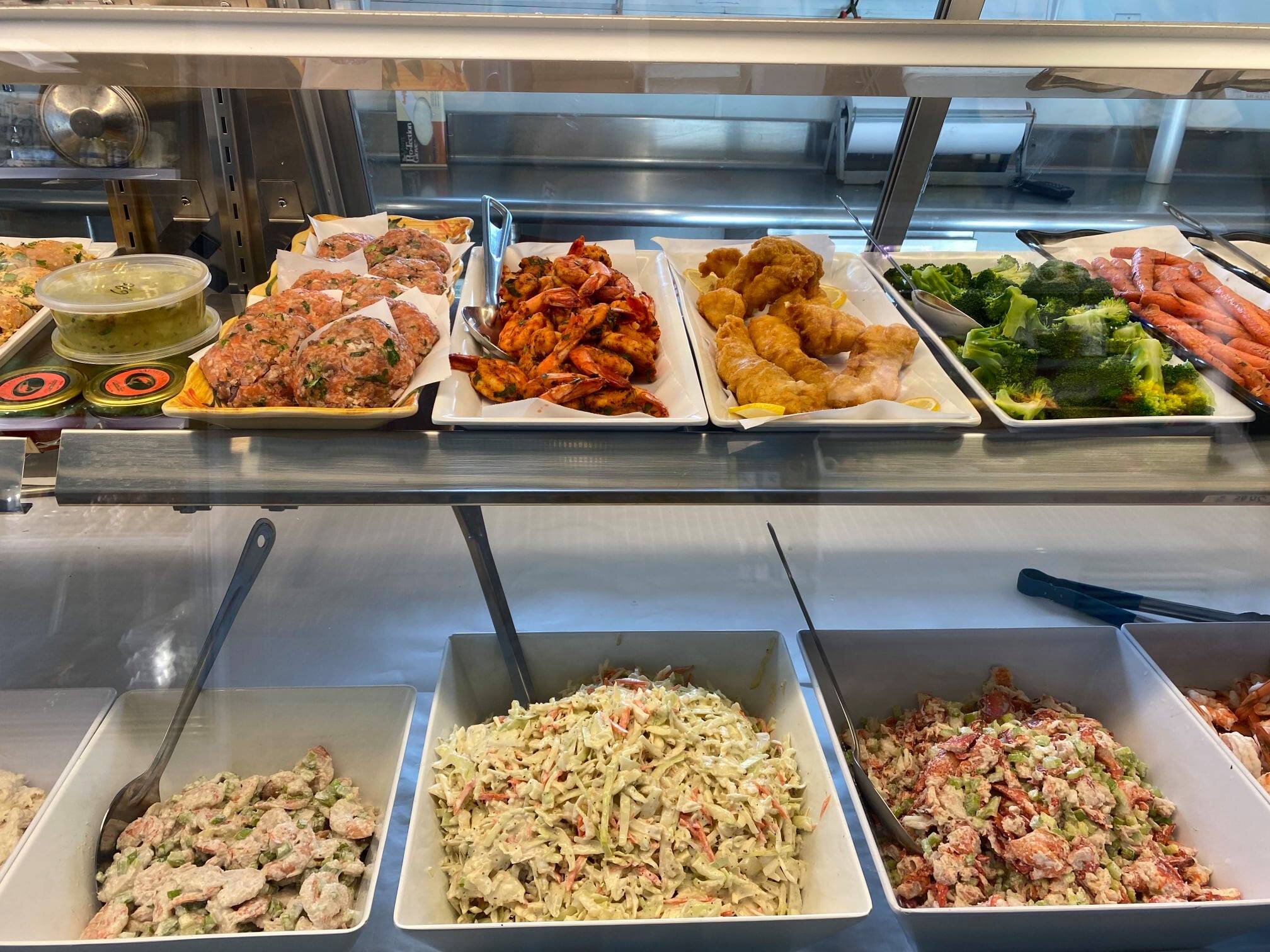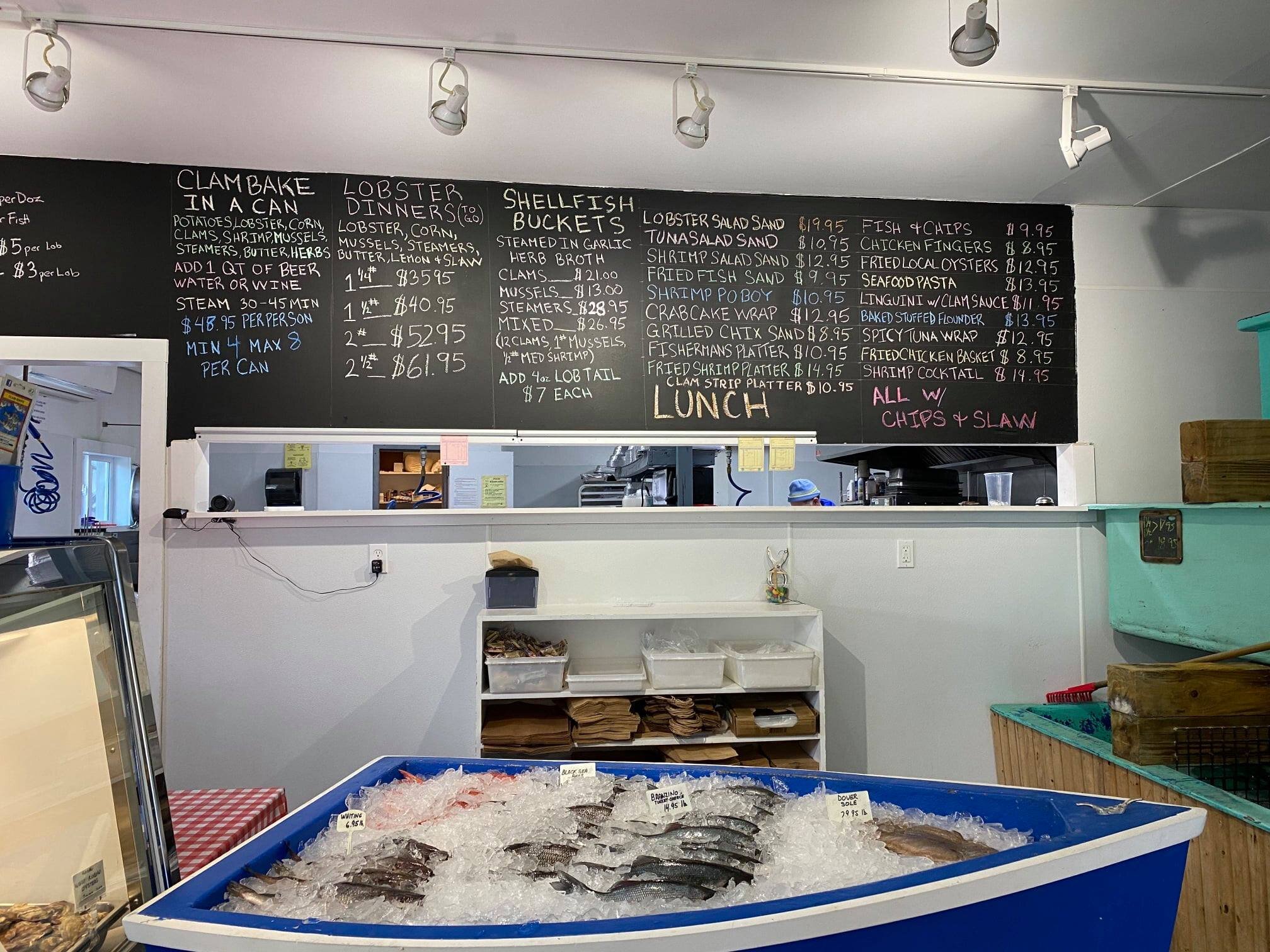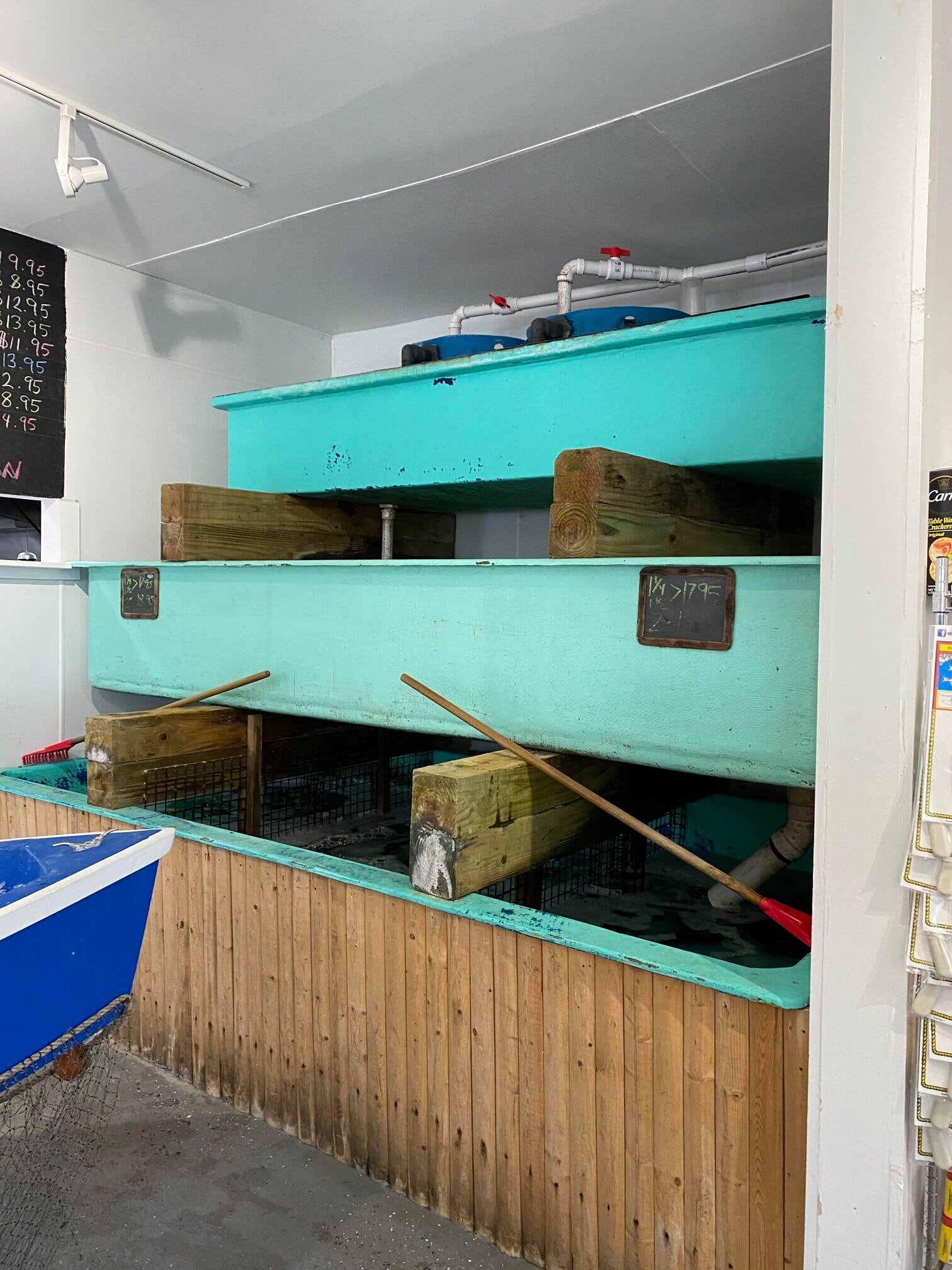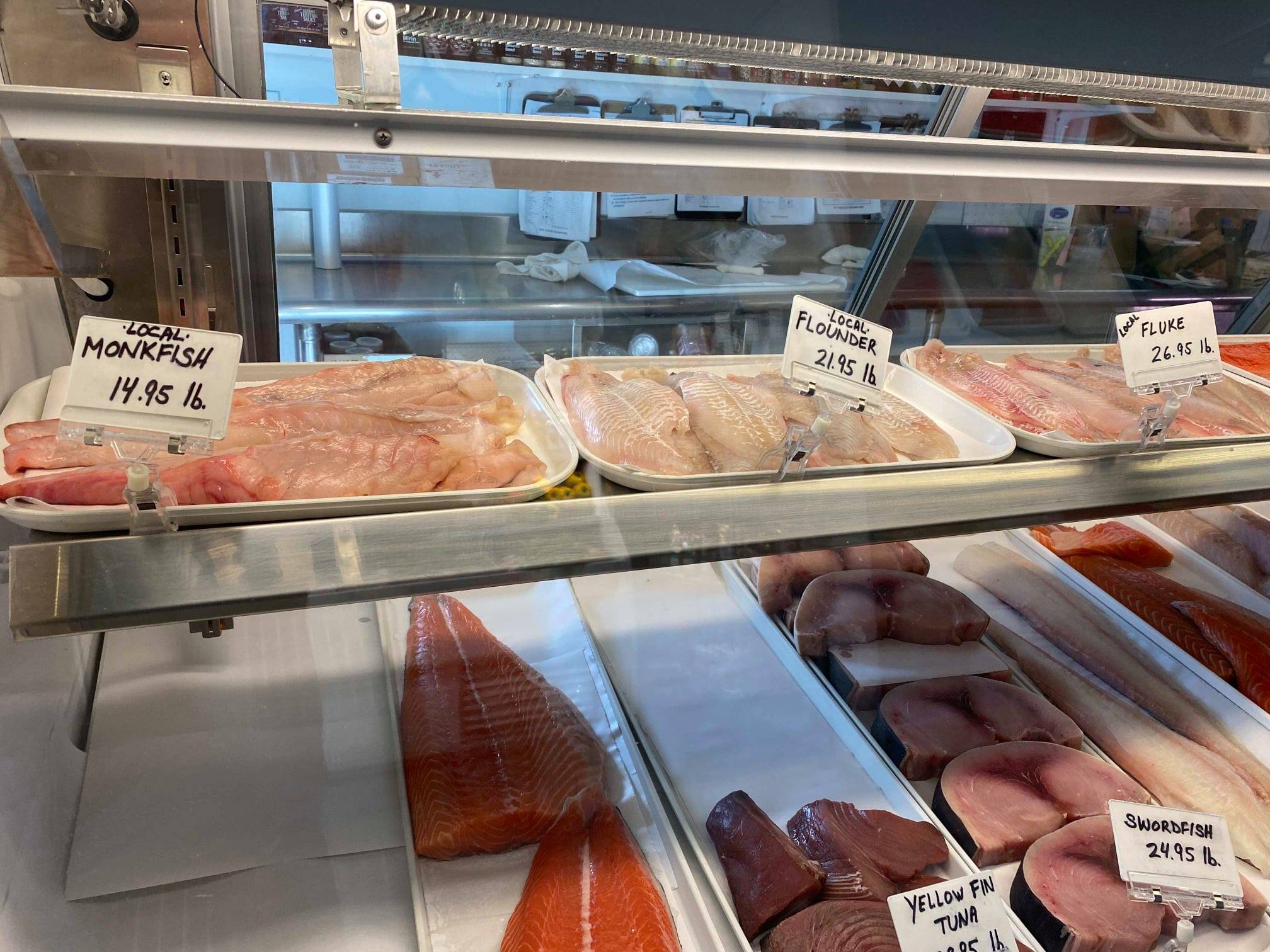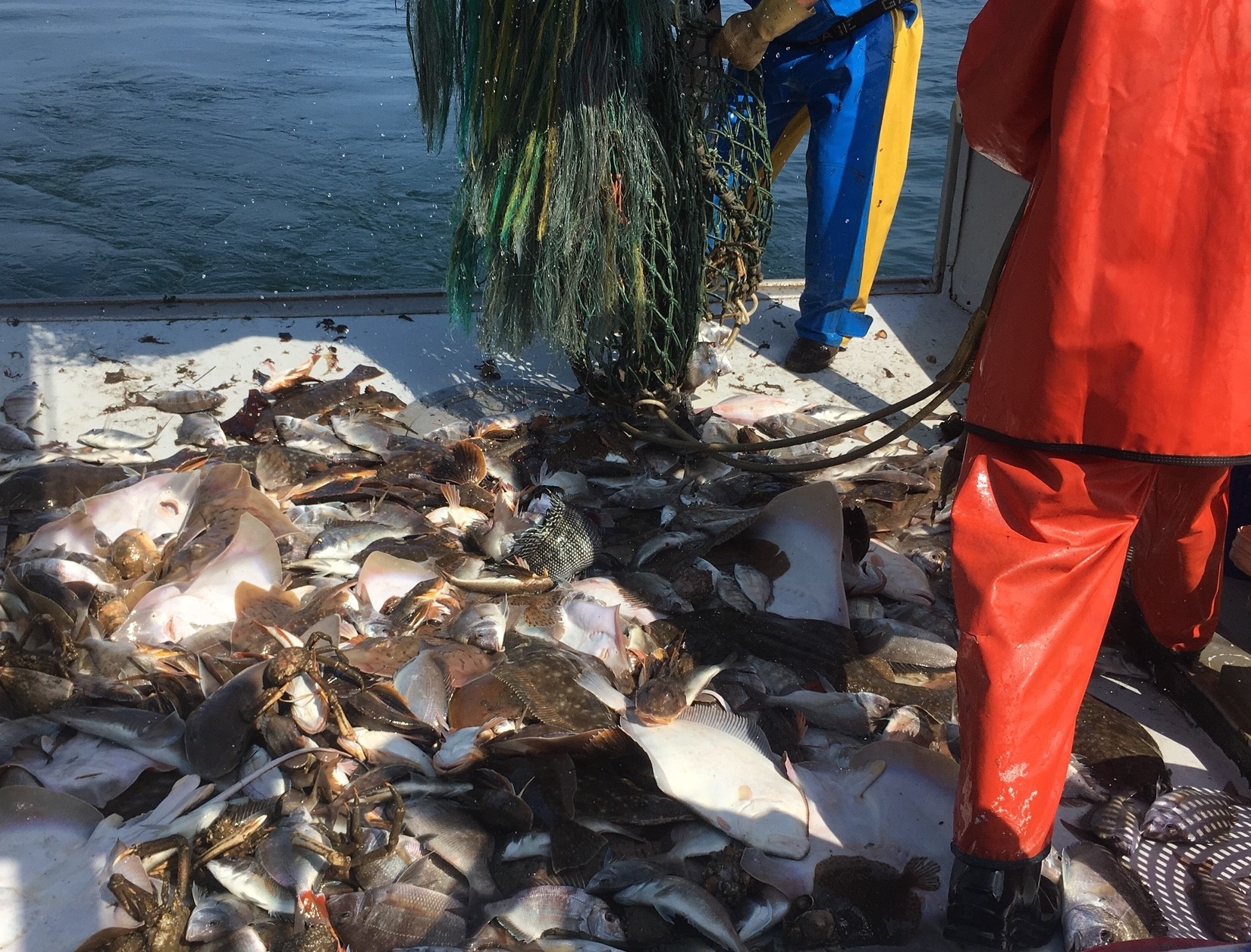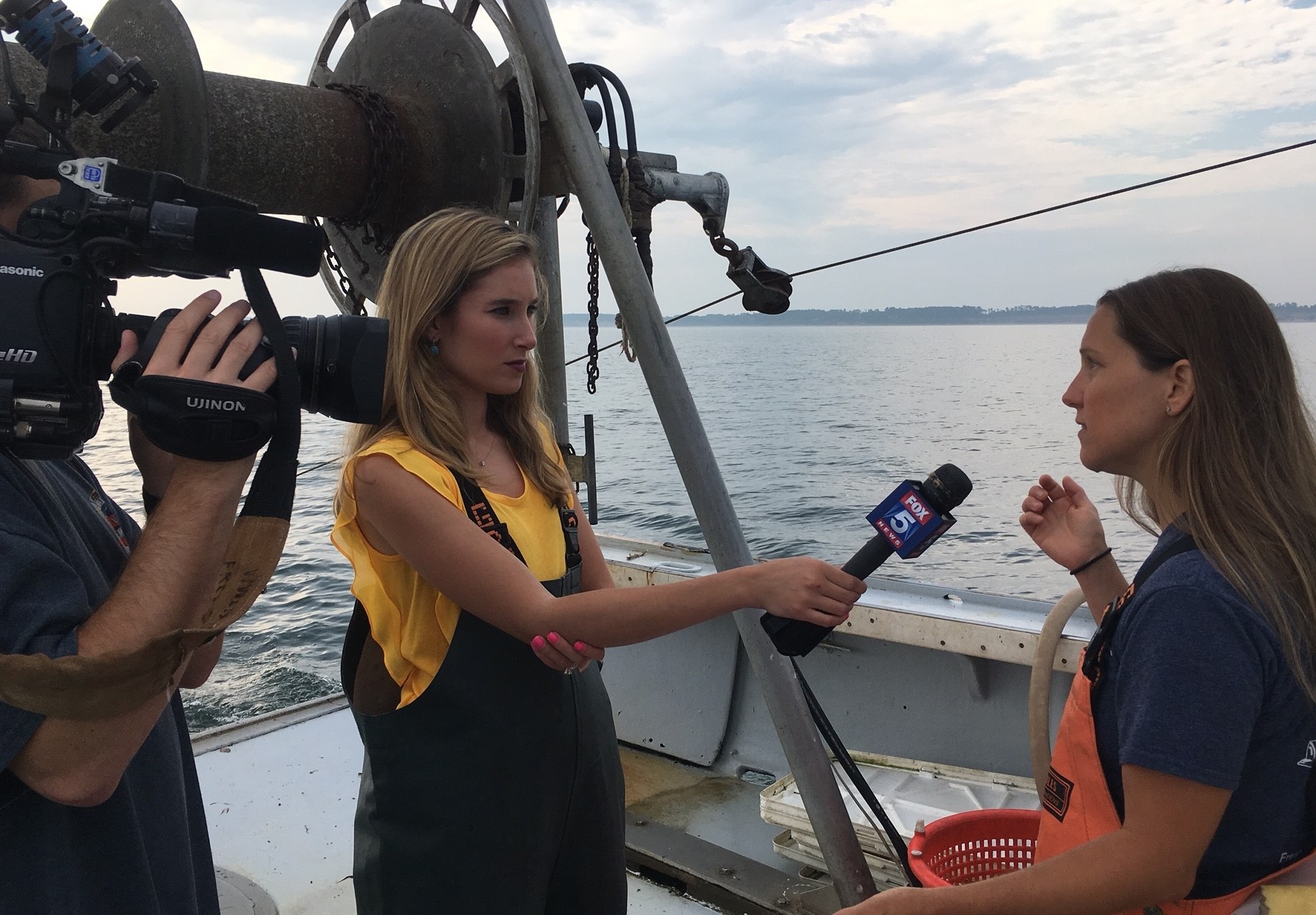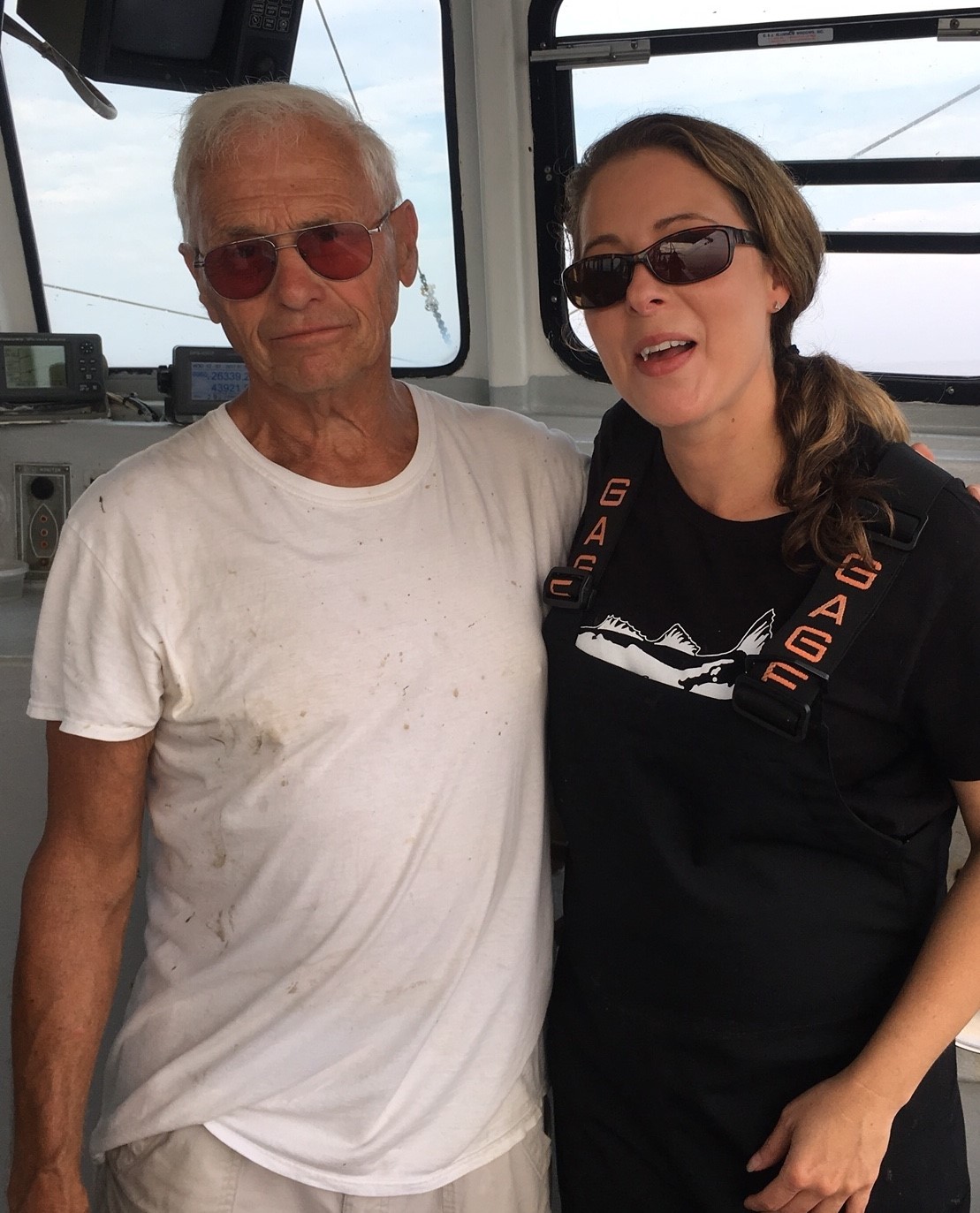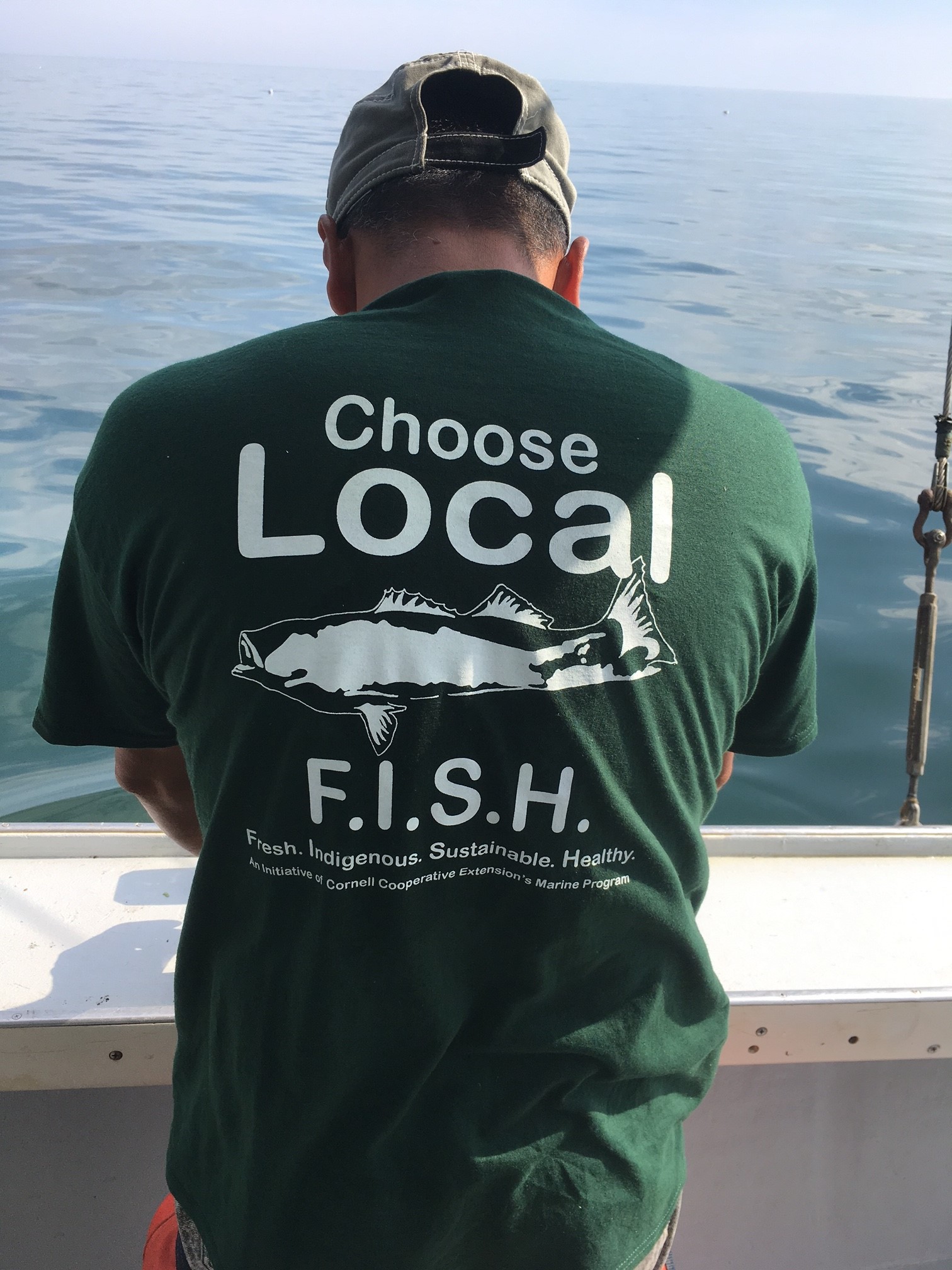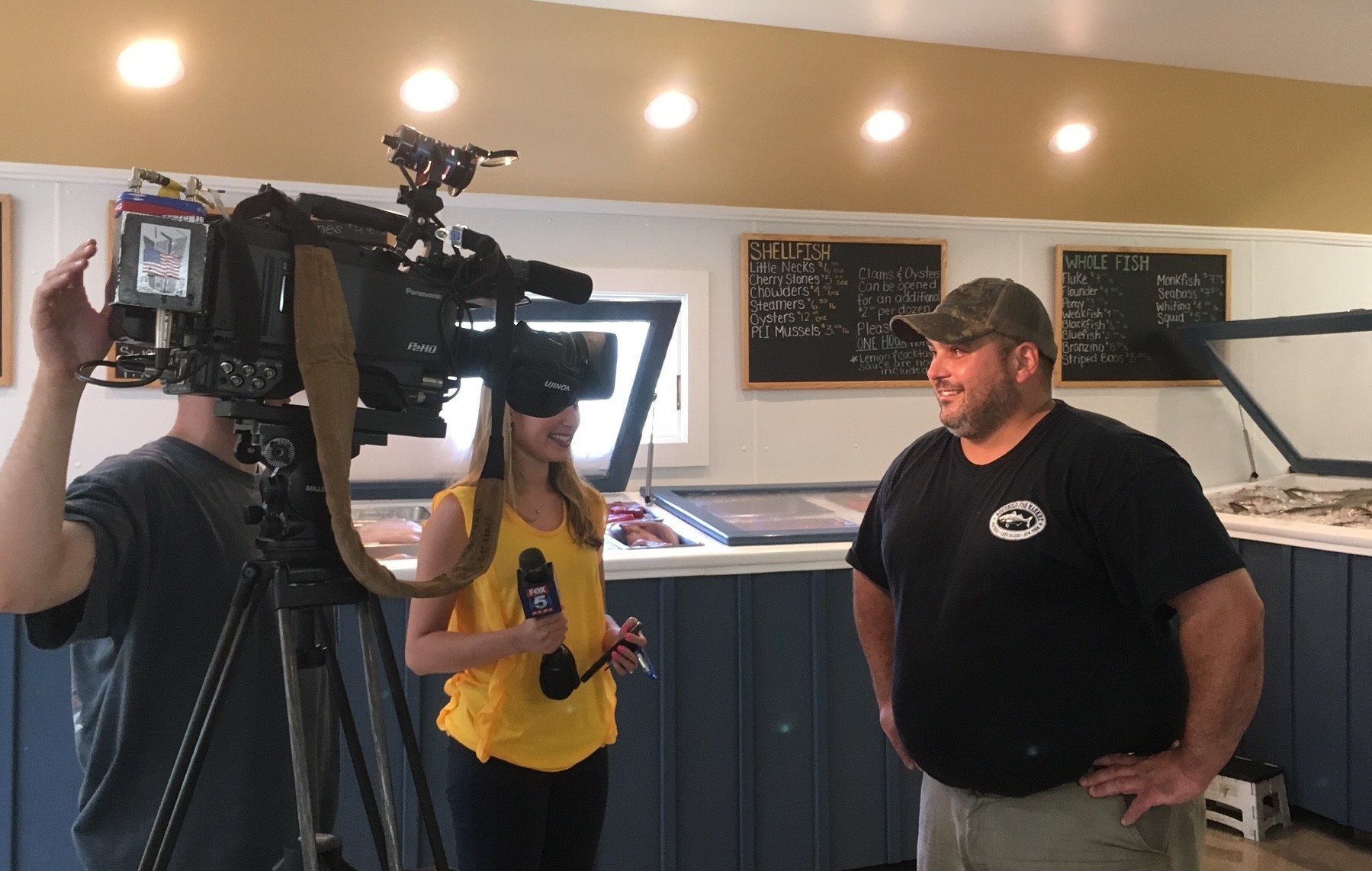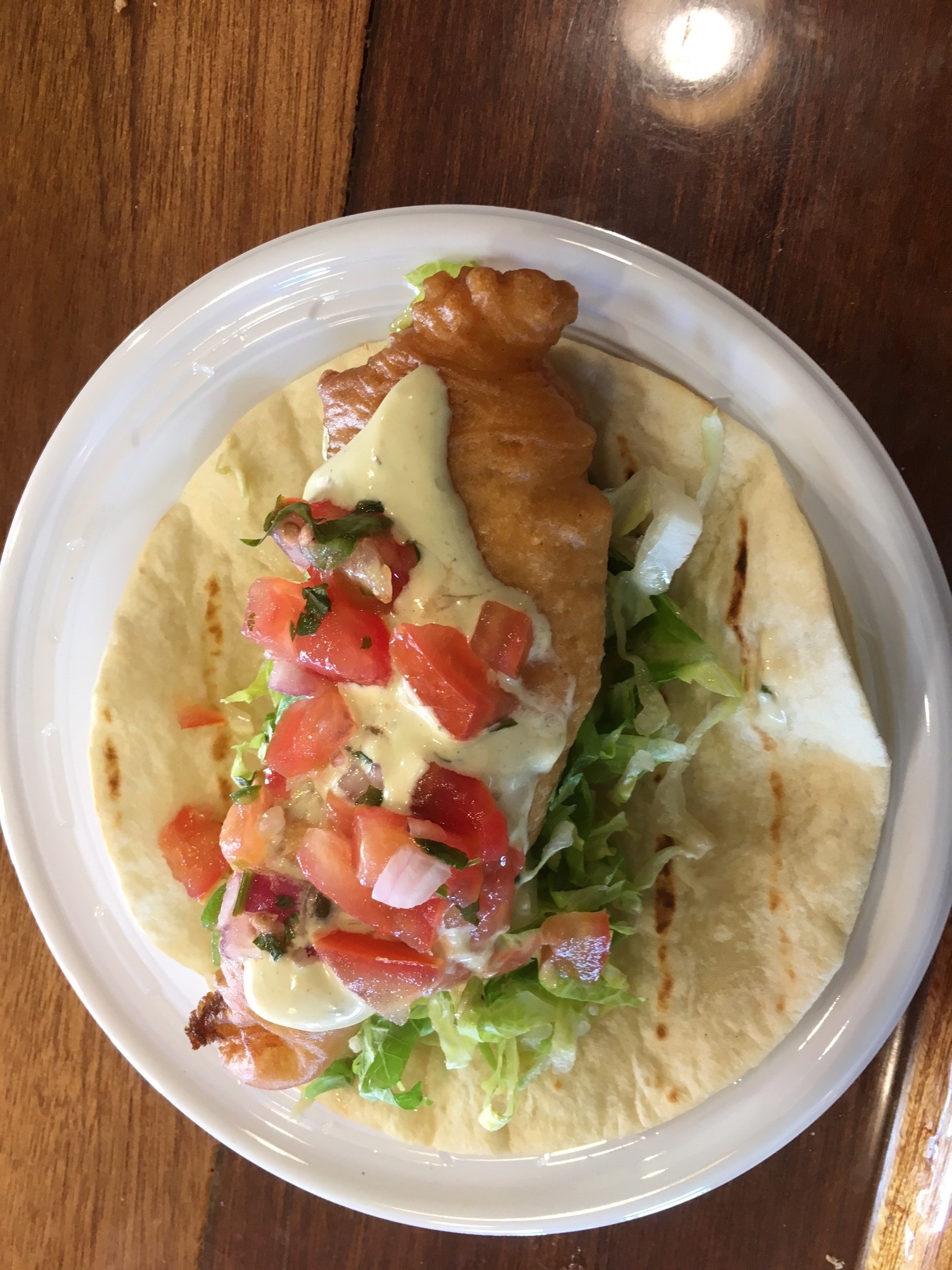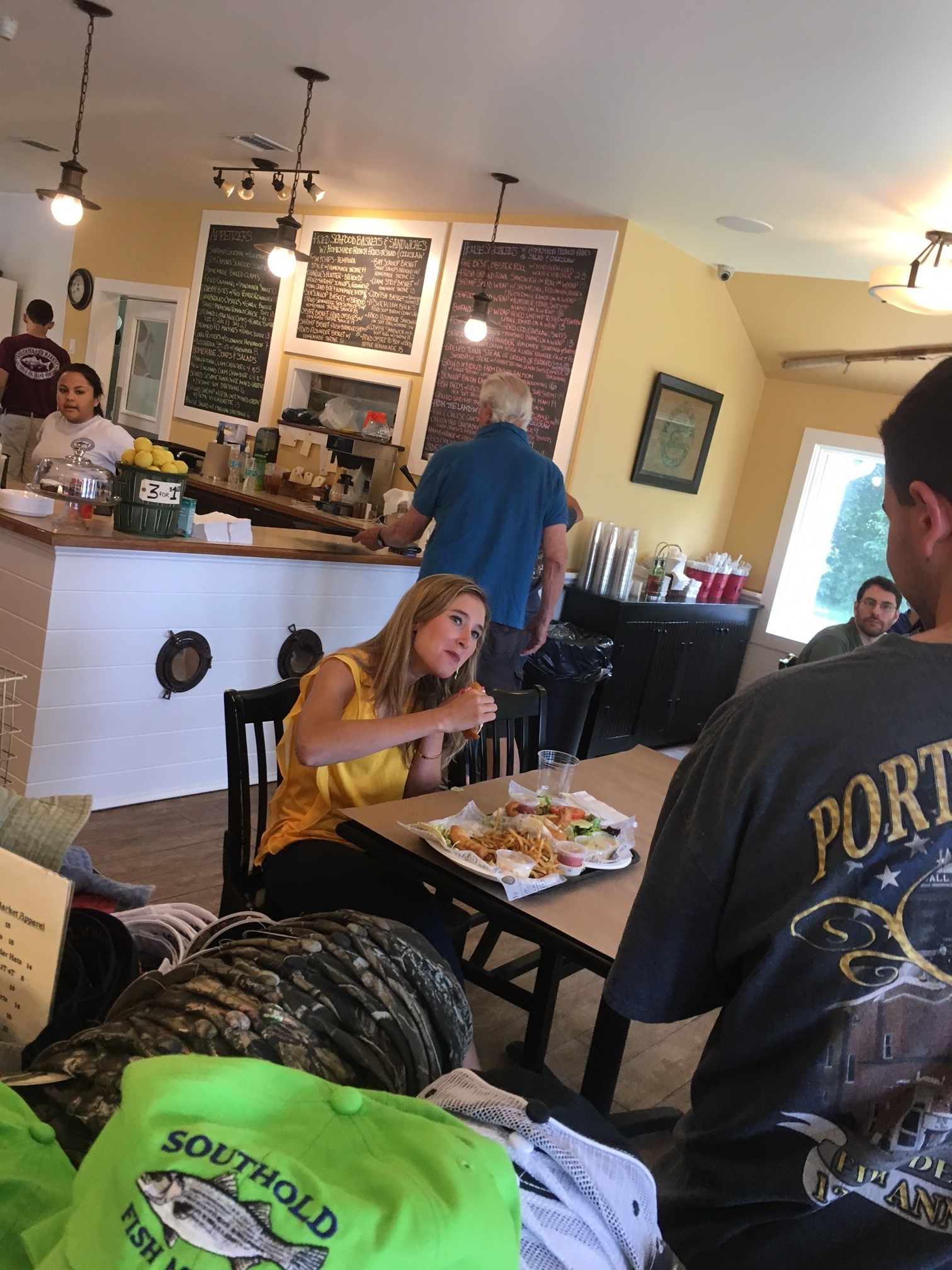By Mark Harrington
July 4, 2017 10:22 PM
The Cornell Cooperative Extension’s Marine Program has received a $65,000 state grant to help promote locally caught seafood as a viable alternative to fish imported from other countries, which now composes more than 90 percent of U.S. seafood consumption.
The grant from the New York Farm Viability Institute is funding local fish tastings; helping with business plans for local fishermen and women; offering promotions; and providing nutritional information and educational programs for customers and fishermen.
Cornell will lead the program, said Jacqueline Wilson, a Cornell fisheries specialist.
Local fish is “fresh, it tastes a lot better, and it supports the local economy,” said Wilson. “We have a huge fishing community out here on Long Island and we want to support it.”
Ten fisheries specialists at Cornell already are at work on the program, which includes marketing materials in stores to highlight locally caught fish. Fishermen will get help launching Facebook pages and other marketing programs, Wilson said.
The program has hosted tastings at Braun Seafood in Cutchogue and PE & DD Seafood’s Little Fish Shop in Riverhead, and more are planned through the rest of the year, including at Southold Fish Market.
A fundraiser is planned for Southampton Town’s Tiana Beach Bayside facility for July 14, and exhibits are in the works for the Montauk Lighthouse and the new Long Island Expressway welcome center, Wilson said.
The program will also promote what Cornell calls “underutilized” fish that are not commonly consumed, to help spur new markets. These include dog fish, sea robins, skates and scup.
Fishermen said the Cornell effort will provide a needed boost.
“It benefits us a lot when the local community buys local fish,” said Riverhead fisherman Phil Karlin, who also operates the Little Fish Shop there. He said the majority of his customers are older than 55, suggesting that a younger generation of fish consumers hasn’t been fully developed locally.
Cornell has launched a Facebook page and the website localfish.org to support the effort, featuring a local fish market locator, recipes and upcoming events.
